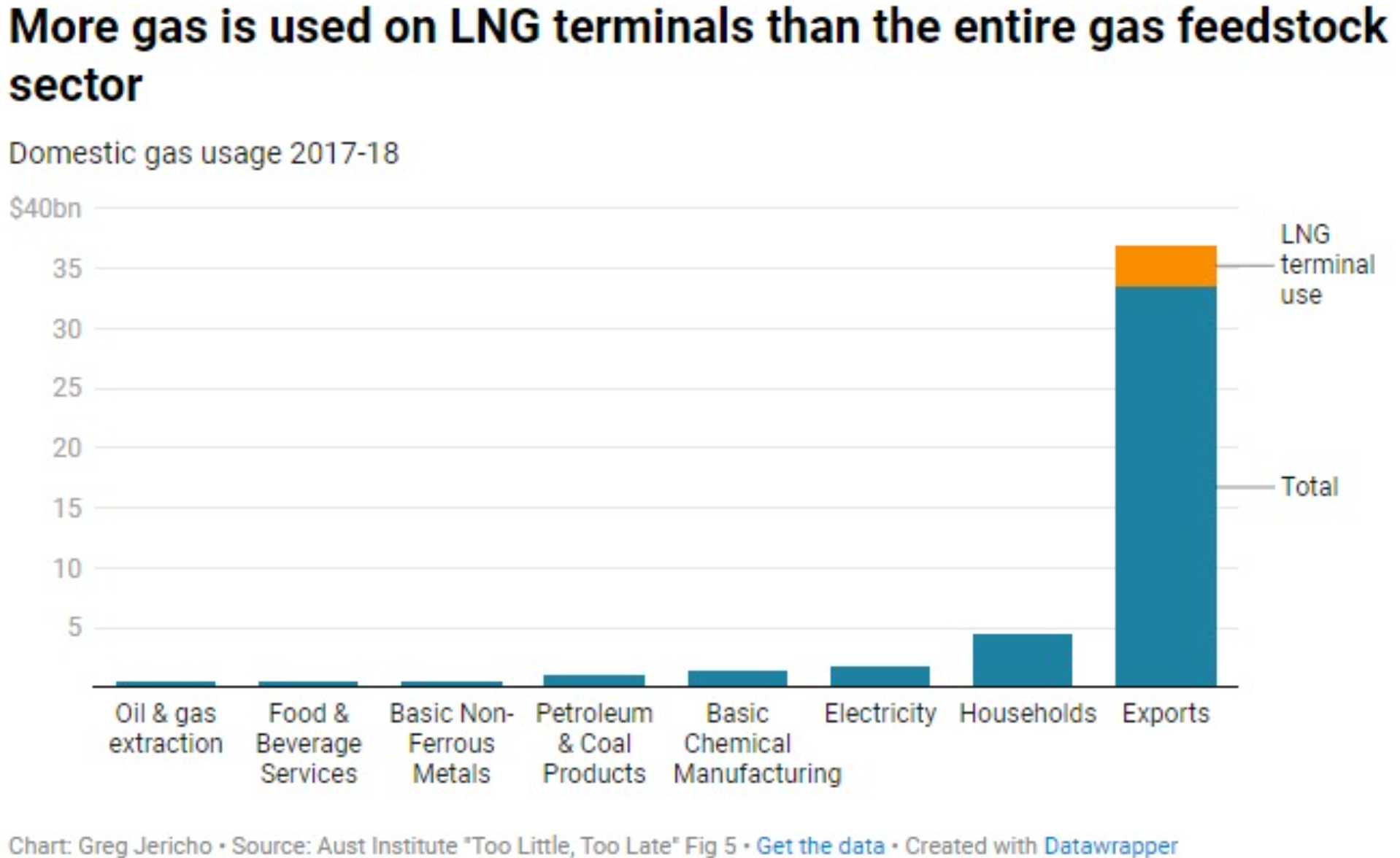Will nobody think of the poor Grattan Insitute?
For years, the so-called think tank was a critical voice of “independent” support for the formation of the east coast gas cartel.
As the east coast LNG plants were built, Grattan argued repeatedly against domestic reservation with the result that the Australian energy transition has been utterly bastardised from the outset.
Consider the June 2013 testimony of the Director of Grattan’s Energy Program, Tony Wood, arguing vehemently against domestic gas reservation:
“With more than $160 billion forecast to be invested in LNG production, the export industry is good for the economy. Governments should therefore resist self-interested calls from some industries to reserve gas or cap prices for the domestic market”.
“One reason that reserving gas is a bad idea is that there is no shortage of gas. The challenge is to ensure that the gas gets delivered to where it is required, and this means commercial buyers and sellers need to reach commercial terms on new arrangements”.
“Capping prices for the domestic gas market is a very bad idea. It amounts to a tax on producers and a subsidy for domestic gas users. Protectionism of this sort may provide some short-term price relief for targeted industries, but it tends to mean inefficient businesses and less investment”.
“Ultimately it leads to higher prices and damages the economy for us all”.
The rest is history as the gas export cartel has engineered massive energy shortages and shocks ever since.
Origin Energy and BHP were founding partners of the east coast cartel. Both sponsor Grattan. Is it any wonder, then, that rather than confront the cartel head-on, it is now busy fiddling with the nobs on your gas stove:
Getting households off gas for heating and cooking would cut energy bills and improve people’s health, and is necessary for Australia to have any hope of reaching net zero greenhouse emissions by 2050, a new analysis says.
The report said it currently usually costs more to buy an electric appliance than a gas equivalent, but electric options were more efficient and cheaper to run. The lower running costs of efficient electric appliances allowed households to recover more than the upfront cost over the lifespan of an appliance in nearly all cases.
In principle, I have no issue with this if it helps. But, let’s face it, it won’t. Residential gas use is tiny and most of it is heating. Stove emissions are so marginal to the decarbonisation goal that Grattan might as well campaign against farting:
So, why is Grattan so hysterical? Is it joking?
Australia needs to get off natural gas if it is to have any hope of achieving net-zero carbon emissions by 2050.
That it is so easy to destroy the policy paper using its own chart, we have to ask, why is Grattan fixated with trivia over fixing the things that matter?
Why is not tackling the big issues round gas like smashing the east coast gas cartel so that the energy transition can proceed without ruining our political economy every five minutes?
Or, why not critique the cartel for burning more gas converting gas to LNG for export than households use in stoves:
Or, what about measuring CSG fugitive emissions which are likely much higher still?
How about Grattan get off the fossil fuel tit before lecturing everybody about the evils of cooking a stir fry.




